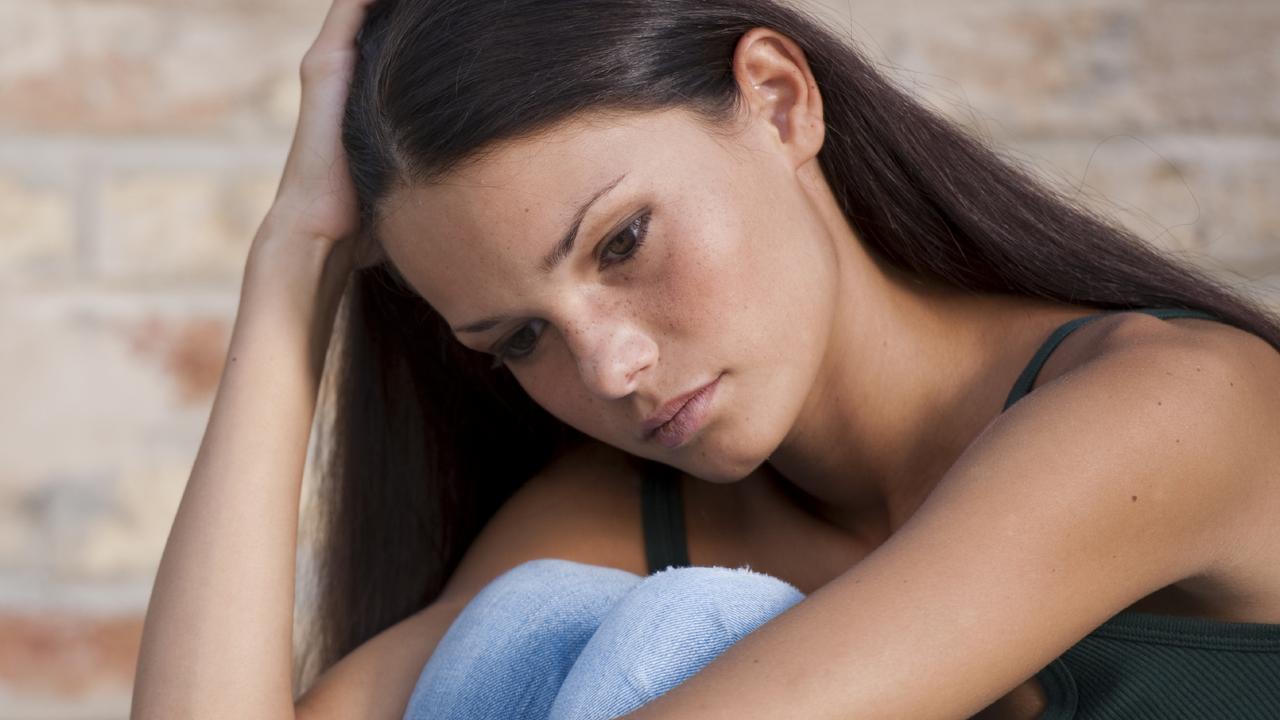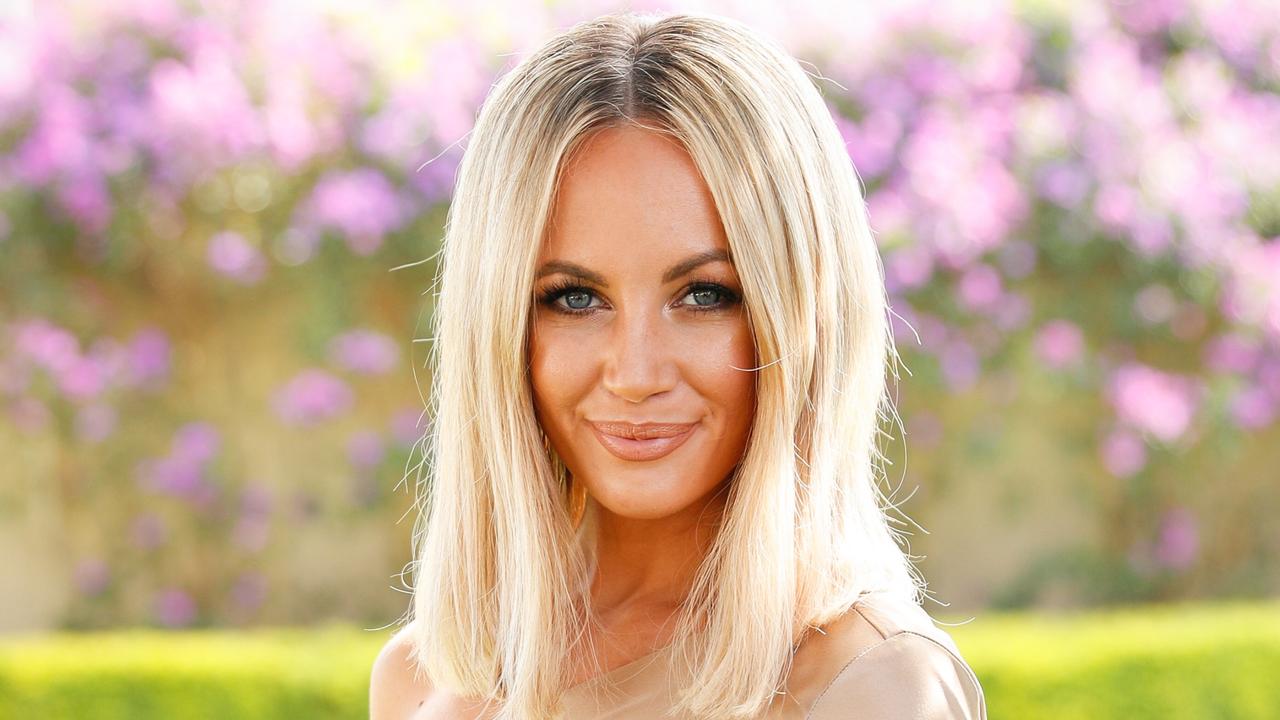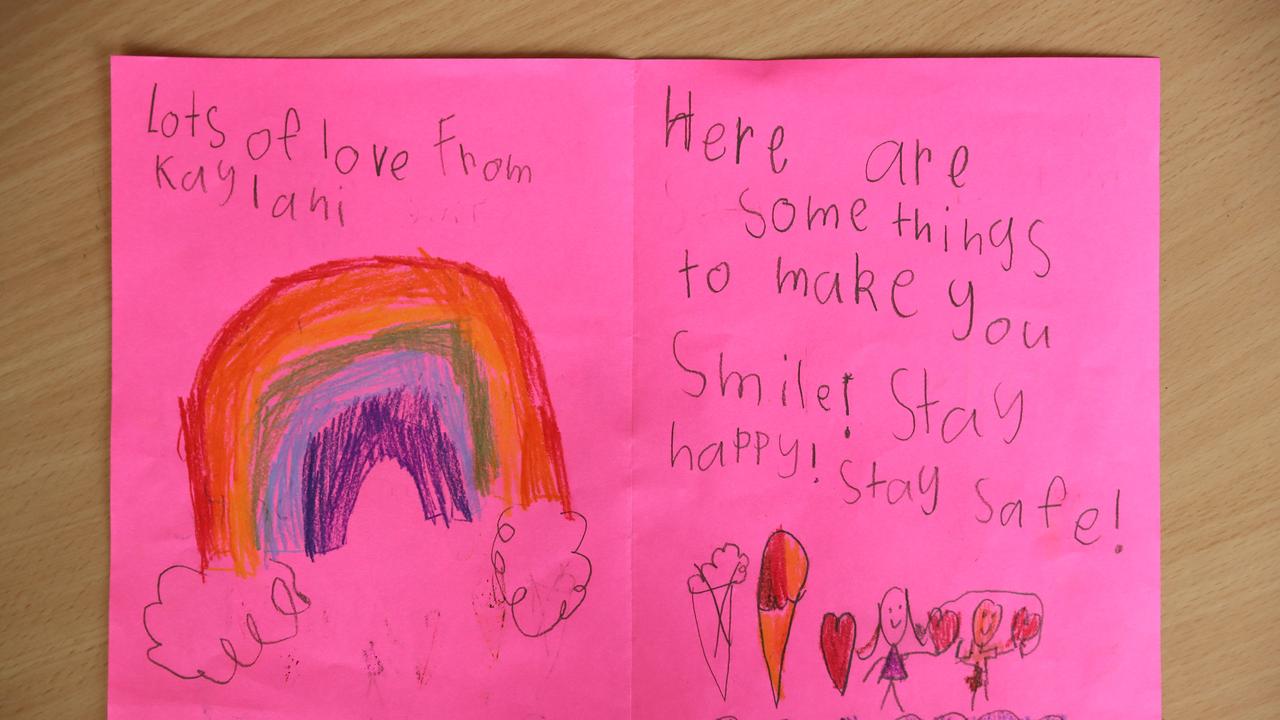Former soldier Tim Owens and his wife Martina speak out about their battle with his PTSD
THEY’RE hailed as heroes and the defenders of Australian values. But when they return home, that’s when the real battle begins.
THERE have been days when Tim Owens thought his family was better off without him.
He says he knows it’s not right, or fair on those he loves.
But when he is stuck in “Tim Land”, the unthinkable sometimes becomes the thinkable.
“As much as your common sense tells you it’s not right, common sense is not going to win when your head is doing the things that it is,” the former soldier told news.com.au.
“I am getting better but that’s today. What about tomorrow? What about next week? I could be sitting in the car and want to cry, just emotionally break down. You feel helpless. You feel so horrible to have robbed them (your family of you) that you begin to think that they are better off without you. You’re full of emotion and you think ‘if you drive off that bridge, it’s all done’.”
Corporal Owens (Ret) spent almost 25 years in the Australian Defence Force. He served two tours of East Timor and one in Afghanistan as part 2nd/14th Light Horse Regiment.
And for most of that time, he says he loved it. But during his last tour in Afghanistan in 2007 things changed.
Cpl Owens and his unit, Reconstruction Task Force 3, were on patrol in the war-torn region of Uruzgan when their ASLAV (Australian Light Armoured Vehicle) ran over an IED (improvised explosive device) killing their driver, and his best friend, Trooper David Pearce. They had been in the country less than two weeks.
The loss of ‘Poppy’, as he was known to his friends, was devastating for Cpl Owens. But having to go back and serve out the rest of his eight-month tour scarred him to such an extent he was no longer the same man.
Up until several months ago, Cpl Owens rarely spoke of the incident, or of his time in Afghanistan, but decided to open up as part of a three-part series on the ABC detailing Australia’s role in Afghanistan which airs Tuesday night.
In the documentary, Cpl Owens tells of the moment they were hit, and the confusion that immediately set in. He also reveals how Afghanistan affected him, telling the program that he felt like he had left a piece of himself over there.
“I’d like to go back for that reason, just to find that bit of me again and come home. The whole me,” he says in the program.
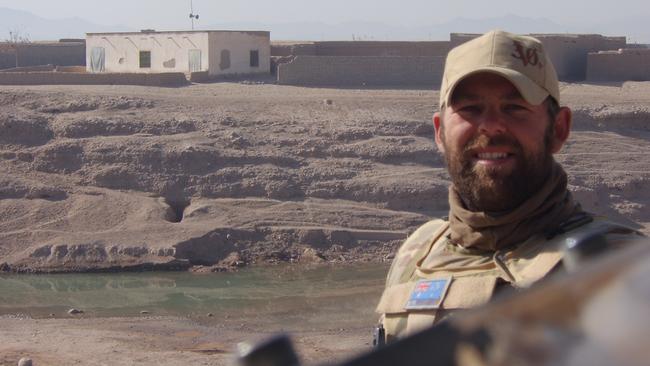
But what isn’t explored in the three-part series is the battle Cpl Owens continues to fight today, or the effect it has had on his wife Martina and their families.
Cpl Owens suffers from post-traumatic stress disorder (PTSD).
According to support group Walking Wounded, since 1999, 46 soldiers have been killed on active service, but more than 240 veterans have taken their own lives either after suffering PTSD and/or depression.
Cpl Owens said he was not exactly sure when the PTSD took hold, just that it took him a long time to realise he had it.
Cpl Owens retired from the army in 2012. He was based in Brisbane but moved back to Wollongong in NSW to begin his civilian life. But the transition has not been easy.
He told news.com.au nothing could have prepared him for the loneliness and sense of abandonment that set in once he came home or the despair he felt on a regular basis.
He explained being a soldier was the only thing he ever wanted to do, it was his calling.
But when he returned to civilian life that sense of purpose was gone — so was the larger-than-life man that originally went in.
Adding to his despondency is the sense of betrayal he says he feels towards the defence force and the Department of Veteran Affairs for its out-of-touch approach to dealing with veterans.
He explained the lengthy processes, forms and repetitive appointments don’t help veterans, but actually makes life more difficult for them as they try to get back on their feet.
“Since I left the army, I haven’t heard a peep from them,” he told news.com.au “Not one person from the army has ever sent a letter and said ‘how ya doing?’
“It may seem small and insignificant to them or some people who got out but to the one person it will make a difference to, it could mean the difference between them waking up tomorrow and not waking up tomorrow.
“I am just lucky I have a group of blokes from all conflicts that I go and meet every week.
“The day I walked into that place my life changed for the better.”
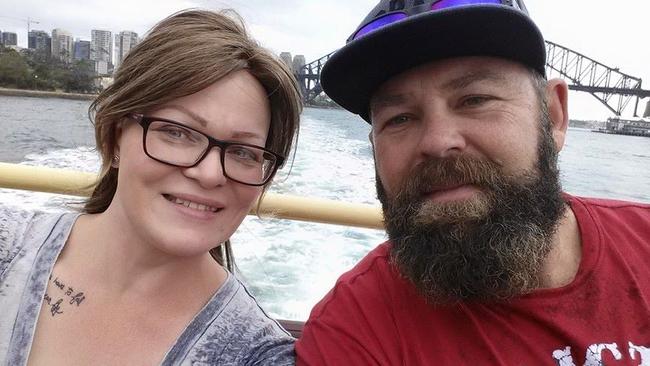
Cpl Owens also said if it wasn’t for his wife Martina, he doesn’t know what he would have done.
He explained his mood and behaviour some days were so volatile that he is surprised she even stayed.
It is sentiment shared by Mrs Owens, who for many years struggled to cope with the shell of a man who had returned.
“When they came home after the full eight-month deployment, the person that came home to me at the end of it all was very different to the person who left,” Mrs Owens told news.com.au. “We didn’t quite understand why he was the way he was until quite some time down the track.
“I experienced uncontrollable anger from him, out-of-control drinking. Fits of rage, not necessarily directed at me, no physical abuse, but he would just be out of control.
“There were times when I didn’t know what to do. I just felt like leaving.”
Mrs Owens believes the death of Tropper Pearce triggered the change in her husband, and their relationship.
She explained before Afghanistan the father-of-three was full of life and their relationship full of laughter but now it was “kind of like walking on egg shells”.
“It’s fragile,” she said. “I feel strong in our marriage, because I feel we can get through anything because we have gone through so much. But he’s fragile. That strong man that he was is no more, I can see cracks and it makes me sad because he is being robbed of that, and we have been robbed of that strong unwavering person.”
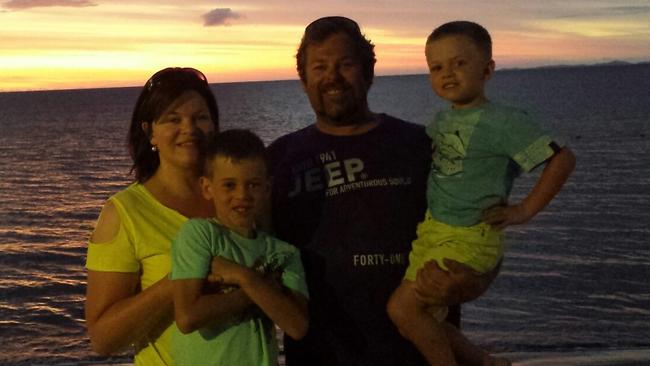
Mrs Owens says dealing with her husband’s PTSD has also affected her own mental health, as well as her quality of life.
“There’s some sort of post-trauma walking through everything with Tim. But I deal with it totally differently,” she said. “I wasn’t on the ground. I suffer having to deal with the fall out of it all — that PTSD-riddled person who came home. Our kids also suffer. They can’t have all their friends over to play because Tim doesn’t cope with it. It’s hard to explain that to a 10 and six year old.
“They kinda understand that Daddy doesn’t cope with loud noises and big crowds. But they don’t know why. And Tim struggles with how it affects them. He feels as if he is ripping them off as well.”
Mrs Owens credits taking part in the documentary with helping to save their relationship.
While she does not appear in the series she was able to sit with her husband through the interviews, and heard him speak about Afghanistan in detail for the first time.
“In the past he wasn’t willing to tell me everything,” she explained. “He didn’t want to burden me with details. But taking part in the documentary was almost like the best therapy for us. I am so proud of him for taking part.”
For Cpl Owens, taking part had given him a platform to raise awareness of veterans suffering from PTSD.
“Getting out and having PTSD is hard,” he said. “Before I couldn’t have spoken out but now I have an appreciation that this is not just about me.
“I am going to beat that drum not just for me but for the others. This is another type of war. And I want to be there for my mates as well, whether I know them or not.”
Afghanistan: Inside Australia’s War begins on February 23 at 8.30pm on ABC.
If you or someone you know is in need of crisis or suicide prevention support, call Lifeline on 13 11 14 or visit its website.

